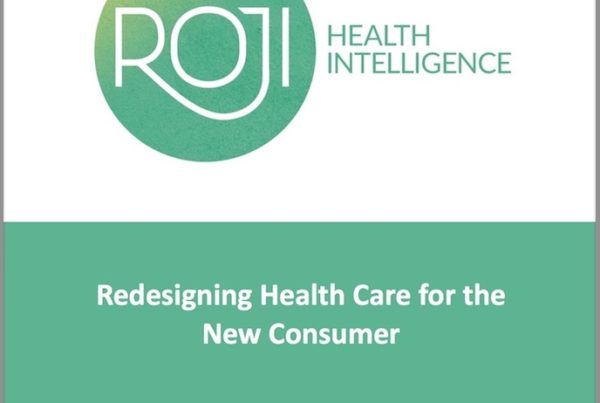
January 10, 2018
Reining In Medical Costs Might Work If We Could All Agree What “Cost” Means
A few days ago, a couple of providers commented on my recent posts about cost performance improvement in health care. The first of these posts reviewed obstacles to provider strategies for managing costs and how to overcome them, and the second addressed technology that providers would need to both measure and improve performance. One commenter took issue with my statement that providers have not embraced cost reduction because the reimbursement system rewarded growth and more services. Another stated that providers have undertaken cost control for years, and they have invested heavily in accounting and financial systems, as well as aggregation of…
Read More














